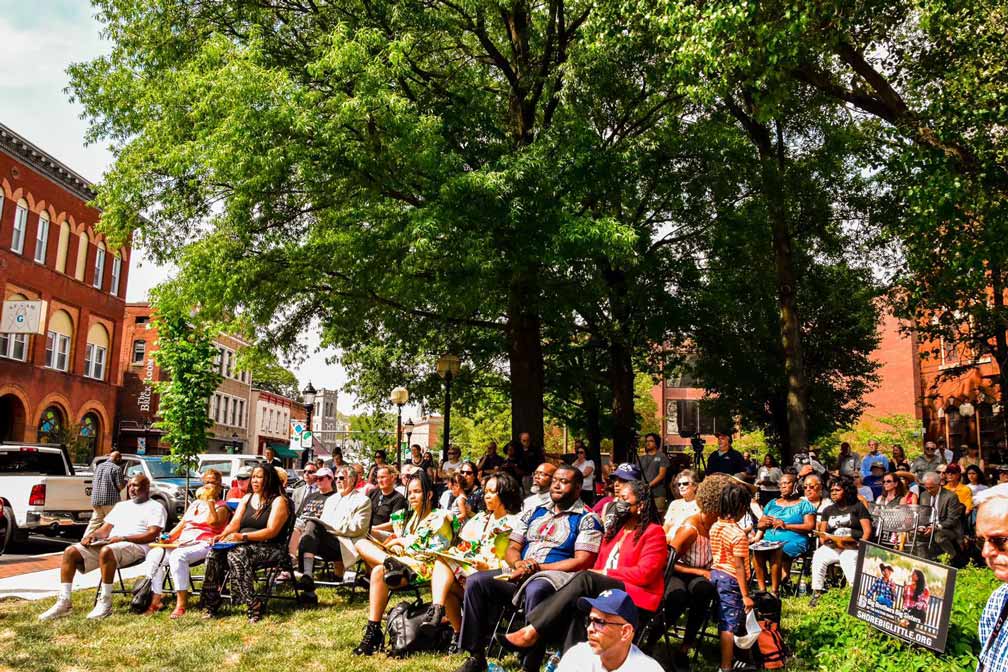

e new foreword from Bryan Stevenson helps readers to better understand contemporary struggles and come to terms with the legacy of racial terror in the United States. This revised edition speaks powerfully to us in these times that have witnessed the creation of the Legacy Museum and the National Memorial for Peace and Justice in Montgomery, Alabama.

She also issues a clarion call for communities with histories of racial violence to be proactive in facing this legacy.

Inspired by South Africa's Truth and Reconciliation Commission, and drawing on techniques of restorative justice, Sherrilyn Ifill, president and director-counsel of the NAACP Legal Defense and Educational Fund, offers concrete ways for communities to heal. Nearly five thousand black Americans were lynched between 18, and the effects of this racial trauma continue to resound. speaks powerfully to us in these times that have witnessed the creation of the Legacy Museum and the National Memorial for Peace and Justice. This exploration of the effects of lynching in the U.S.


 0 kommentar(er)
0 kommentar(er)
